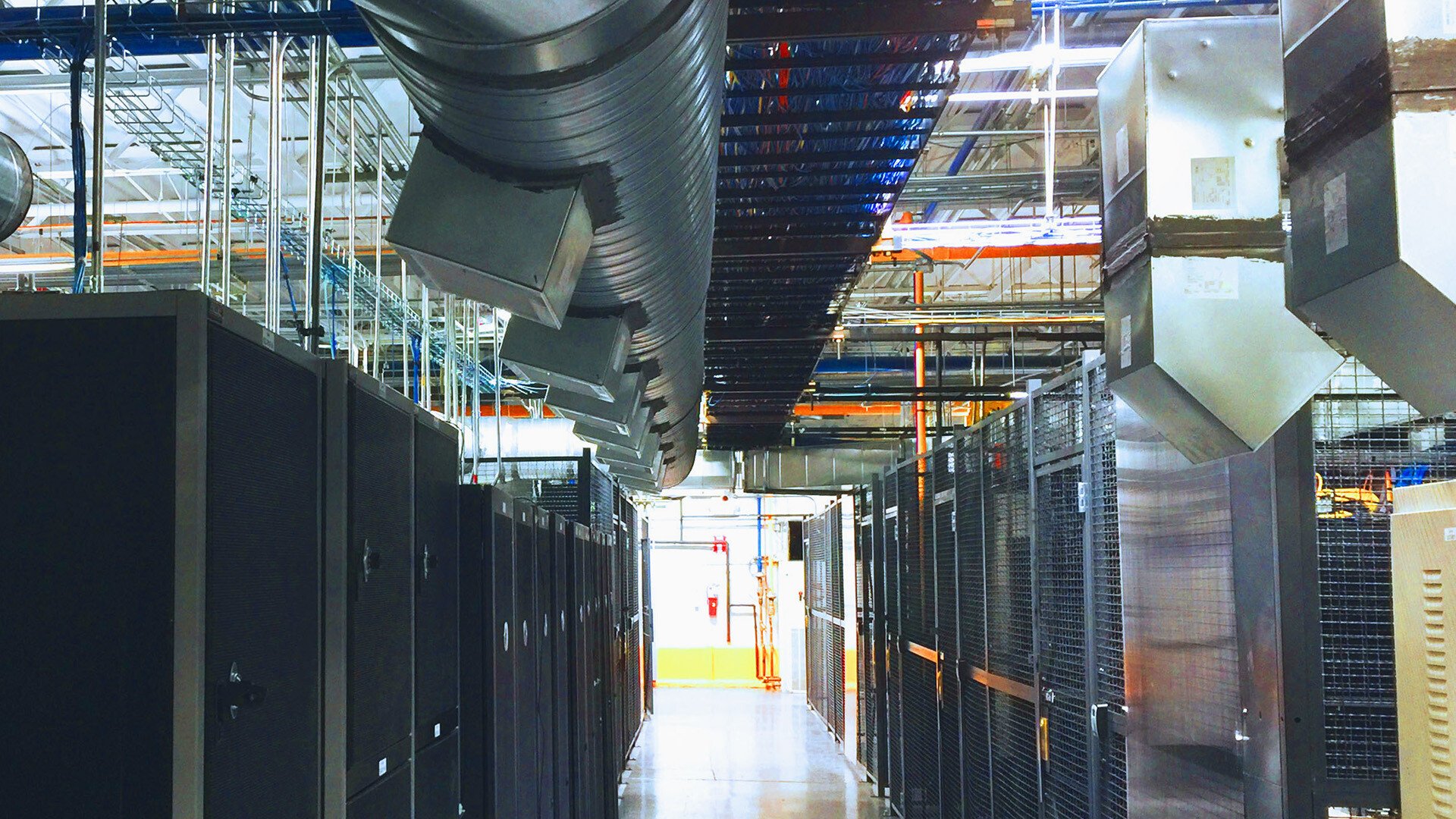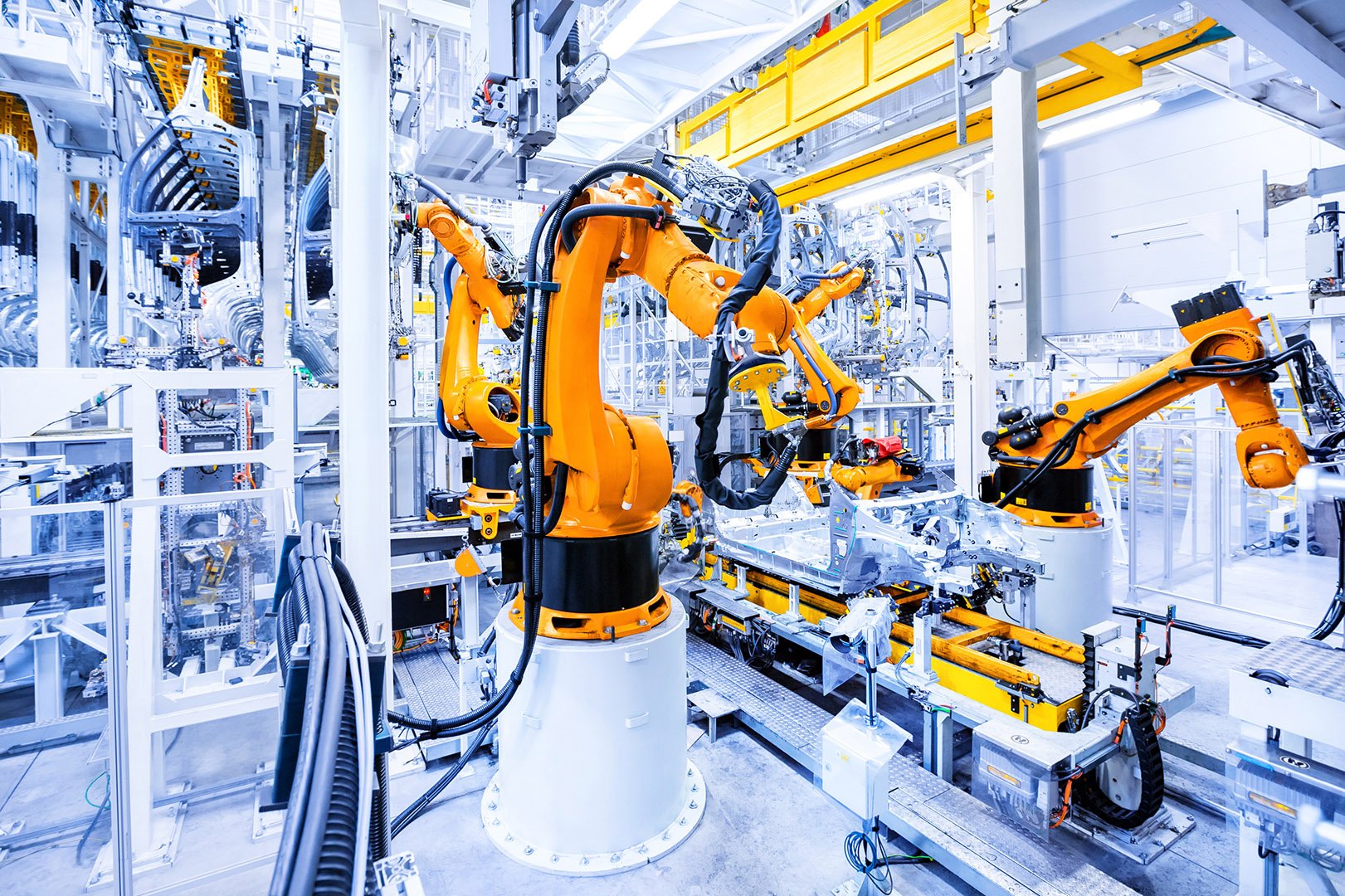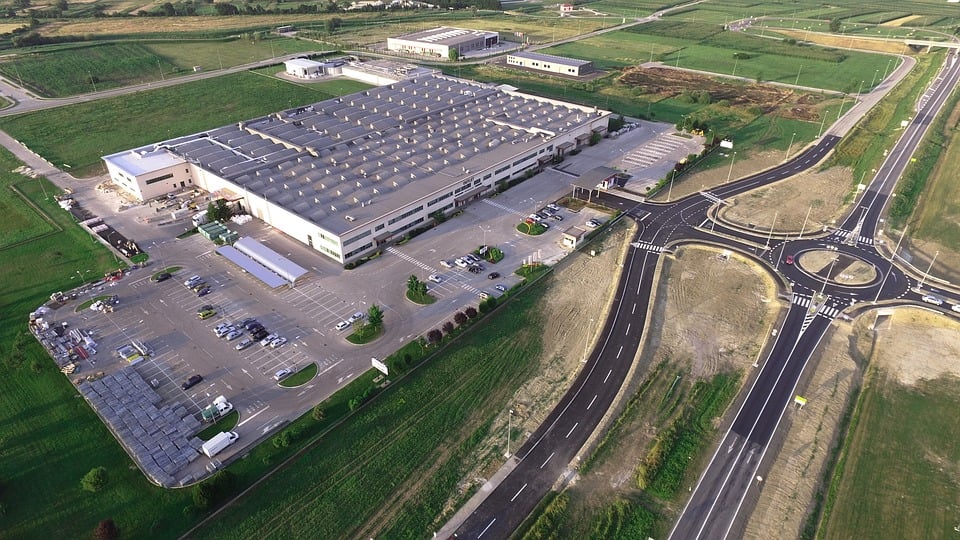Sustainability | June 13, 2023
Refrigerant requirements are changing. Is your HVAC equipment?
Making sure your HVAC equipment is aligned with these requirements isn’t all about coughing up precious budget dollars just to comply with the law. Newer equipment holds the key to more energy-efficient and environmentally friendly facilities which leads to long-term cost savings. Read on to understand why.
Why It Matters
As commercial building owners and operators, we constantly strive to optimize our operations, reduce costs, and promote sustainability. One critical aspect of achieving these goals lies in the proper maintenance and upgrading of HVAC (Heating, Ventilation, and Air Conditioning) equipment. With the ever-evolving landscape of regulations, it is crucial to stay updated on the newest refrigerant requirements for HVAC systems across the various states in the United States in which your buildings are located. Failure to adopt these requirements can lead to financial risks, environmental harm, and non-compliance with legal standards.
The Changing Landscape of Refrigerant Regulations
During the late 1980s, the Montreal Protocol and Clean Air Act began to phase out chlorofluorocarbons (CFCs) and hydrochlorofluorocarbons (HCFCs), which are known to contribute to ozone depletion and climate change. This has moved the industry away from R-22 (Freon) towards R-410 (Puron) refrigerant. It’s less damaging to the environment and human health and does less harm the ozone layer.
However, in 2020, the AIM Act phases out hydrofluorocarbons (HFCs) and promotes next-generation refrigerants. As of 2025, the Environmental Protection Agency will require another move to a class of refrigerants called A2L. A2L has a lower Global Warming Potential (GWP) than alternatives, but it’s also mildly flammable.
In recent years, several U.S. states have also implemented or are in the process of implementing strict regulations regarding the use of certain refrigerants in HVAC equipment. In some jurisdictions like California, these regulations are particularly stringent. Generally, most states are moving towards adopting lower GWP refrigerants that are environmentally friendly and energy efficient.
Three Key Reasons to Adopt Refrigerant Standards
- Energy Efficiency: Newer HVAC systems designed to meet the latest refrigerant requirements often boast improved energy efficiency and lower operating costs. These systems utilize advanced technologies, such as variable speed compressors and optimized heat exchangers, resulting in reduced energy consumption and lower utility bills. Energy-efficient HVAC systems can also enhance the overall comfort of occupants while reducing the strain on the electrical grid
- Environmental Impact: By upgrading to HVAC equipment that complies with the newest refrigerant requirements, commercial building owners and operators can significantly reduce their carbon footprint. Lower GWP refrigerants help mitigate greenhouse gas emissions, contributing to a cleaner and more sustainable environment.
- Compliance with Regulations: Adhering to the newest refrigerant requirements is essential to avoid legal and financial penalties. Non-compliance can result in fines, negative publicity, and potential disruptions to business operations. Staying ahead of the curve by adopting environmentally friendly refrigerants demonstrates a commitment to sustainability and positions businesses as responsible corporate citizens.
Three Key Risks of Not Adopting Refrigerant Standards
- Increased Maintenance Costs: Continuing to operate outdated HVAC systems that use banned refrigerants can lead to increased maintenance costs. As supplies of these refrigerants diminish, their prices rise, making them costlier to procure. Then, with new equipment, prices fluctuate due to demand and as manufacturers recoup R&D costs. Additionally, finding technicians with expertise in servicing equipment using older refrigerants can become challenging, further driving up maintenance expenses.
- Reduced Efficiency and Performance: Outdated HVAC systems may experience diminishing performance over time due to refrigerant leaks or component failures. These inefficiencies can result in higher energy consumption, reduced comfort levels, and increased occupant complaints. By not adopting the newest refrigerant requirements, building owners risk running inefficient systems that negatively impact their bottom line and tenant satisfaction.
- Limited Marketability: As environmental consciousness continues to grow, tenants, customers, and investors are increasingly attracted to sustainable buildings. Non-compliance with refrigerant regulations may lead to decreased marketability and lower property values. Building owners who fail to embrace the newest refrigerant requirements may find it harder to attract and retain environmentally conscious tenants and may face difficulties in securing financing or insurance coverage.
Partnering with an HVAC Consultant for Effective Upgrades
Navigating the complex landscape of refrigerant regulations and implementing upgrades across a building portfolio can be challenging. Engaging the services of an independent HVAC consultant like Mantis Innovation can provide commercial building owners and operators with valuable expertise and guidance.
An HVAC consultant can assess the equipment across a building portfolio, identify systems that require upgrading, and develop a comprehensive strategy for managing those upgrades financially. They can help prioritize equipment replacement and consider retrofitting options that are like-for-like or ones that are designed to drastically improve efficiency. By understanding what equipment exists in the portfolio, how old it is, and how it’s performing, a consultant can glean which units can linger on, which require minor repairs, and which need to be replaced or upgraded completely, all while working within your constrained funding.
Moreover, with these new regulations, manufacturers must adapt their latest technology to match. This creates supply chain uncertainty and higher costs as these rules take effect. An HVAC consultant like Mantis is on top of these trends and can make sure you’re planning for long lead times or buying equipment when prices are at their best.
Contact us today and we can show you how to get your HVAC equipment in compliance without breaking your budget.
Related Posts
Discover more content and insights from Mantis Innovation

Carbon Credits Explained: A Primer for Achieving Your ESG Goals
In the race to achieve net-zero emissions, carbon credits have become a crucial tool for companies with hard-to-abate emissions. As of 2024, almost half of the Fortune 500 companies have net zero

Five Trends Driving Data Center Facility Energy Optimization
Today’s digital economy, commercial and industrial digitalization, and the recent explosion in artificial intelligence and machine learning (AI/ML) powered computing are driving massive growth in

Modernizing Manufacturing Facilities: Practical Steps for Better Performance
In today's competitive manufacturing landscape, staying ahead requires more than maintaining the status quo. Modernizing facilities and operations is essential for improving efficiency, performance,

Modernizing Manufacturing Facilities: The Drivers and Direction
This blog is just a glimpse into the deep dive we take in our new white paper, Modernizing Manufacturing. Download the white paper here to skip the teaser and get the whole story. The stage is set